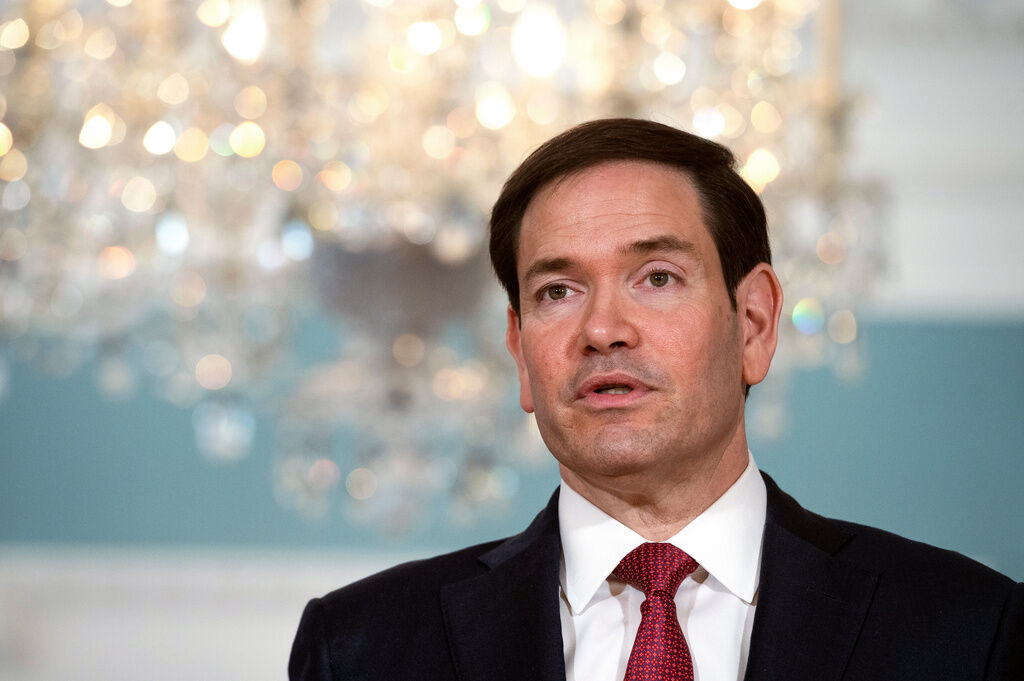Mixed feelings surround approval of new Commerce City cannabis dispensary
For most residents and homeowners in the Reunion neighborhood of Commerce City, the southwest corner of 104th Avenue and Tower Road is just another vacant lot lingering in the dust of the massive development efforts that surround it.
To Felly Lockhart, that undeveloped lot has a lot of potential — for lots of traffic.
And she worries what that traffic would bring.
On Monday, Commerce City Council approved an amendment to modify the allowed uses on the 1.48-acre lot to include the addition of cannabis and create a setback for a single medical marijuana center and retail store.
The amendment applies only to the specified property brought before the City Council.
The 6-3 vote paves the way for Social Cannabis — a commercial cannabis retailer with four other locations in the metro Denver area, including Golden and Louisville — to move forward with development that, the company said, would include amenities such as an outdoor gathering place and electric vehicle charging stations.
The development would include a dispensary, at least one restaurant, and other commercial uses to be determined later.
Lockhart, who operates a Starbucks next to the vacant property, said while she’s neutral on the dispensary, she’s more concerned about the potential impact of parking in the small retail park where she works.
“I hope they put a lot of parking in,” Lockhart said. “It would be nice, and to be honest, I’m not for it or against it (the dispensary) but so many customers complain we don’t have enough parking.”
The small Starbucks is nestled among other businesses and makes use of 14 narrow parking spaces.
She said that during peak times, traffic backs up, making it difficult for vehicles to negotiate in-and-out of the lot.
John Riggs, co-founder of Social Cannabis and the applicant, told the City Council in an April 1 presentation that mid-range financial projections for the operation would be near $4.8 million annually.
To meet that projection, he said, the dispensary would need to see “between 250 and 500 customers per day.”
Staff documents show that the proposed development complies with the city’s master plan by not providing any new connections to East 104th Avenue or Tower Road. Access to the subject property will be via an existing private drive that connects to Yampa Street and Tower Road.
A traffic study indicated there would not be a significant impact.
Anthony Hanlon, who owns the Sonic Drive-in adjacent to Lockhart, opposed the zoning change in a written public comment made to Council on May 30.
Hanlon cited concerns about impaired driving.
“Driving high is dangerous, and we want cannabis users and the general public to have the facts on cannabis-impaired driving,” he wrote. “There is a growing body of state data and academic research that shows cannabis does have physiological effects that impair driving and people are being injured and killed as a result.”
Lockhart said the intersection is ripe for vehicle crashes.
“I probably see one (an accident), at least once a week or a car broken down,” she said. “There’s a lot of traffic on this corner getting to and from the airport, and this is the main entrance to get to E-470.”
Driving under the influence, which killed 218 people last year, has long been a worry for law enforcement and transportation agencies.
Last year, the Colorado Division of Criminal Justice published a report analyzing 2020 data from more than 21,000 impaired driving cases. That report found that 18% of drivers screened for drugs tested positive for multiple substances, with alcohol and delta-9 THC as the most common combination detected.
The study said 75% of individuals with THC also had some other substance present, alcohol being the most common.
Some also questioned the proposed dispensary’s potential to attract crime.
“We don’t want people loitering or hanging around our stores,” Riggs said. “We prevent that by posting no-loitering notices, and we also have very advanced security systems and cameras displayed in the appropriate places in the dispensary.”
Riggs added: “If we see somebody outside loitering, we will politely ask them to leave, and if they don’t, we will contact the police department — and I do think that’s a good reminder that this location is right next door to a police substation.”
Riggs stated that the issue of crime is “complex,” and that his company does “everything upfront to prevent break-ins.”
“We build our stores almost like impenetrable fortresses,” he said noting the use of reinforced steel mesh and live monitoring systems.
For Lockhart, it will be wait-and-see.
“It’s (the dispensary) going to bring people, no matter what,” she said. “People are stopping or coming from the airport — we’re going to get traffic. I just hope it’s the good kind.”











